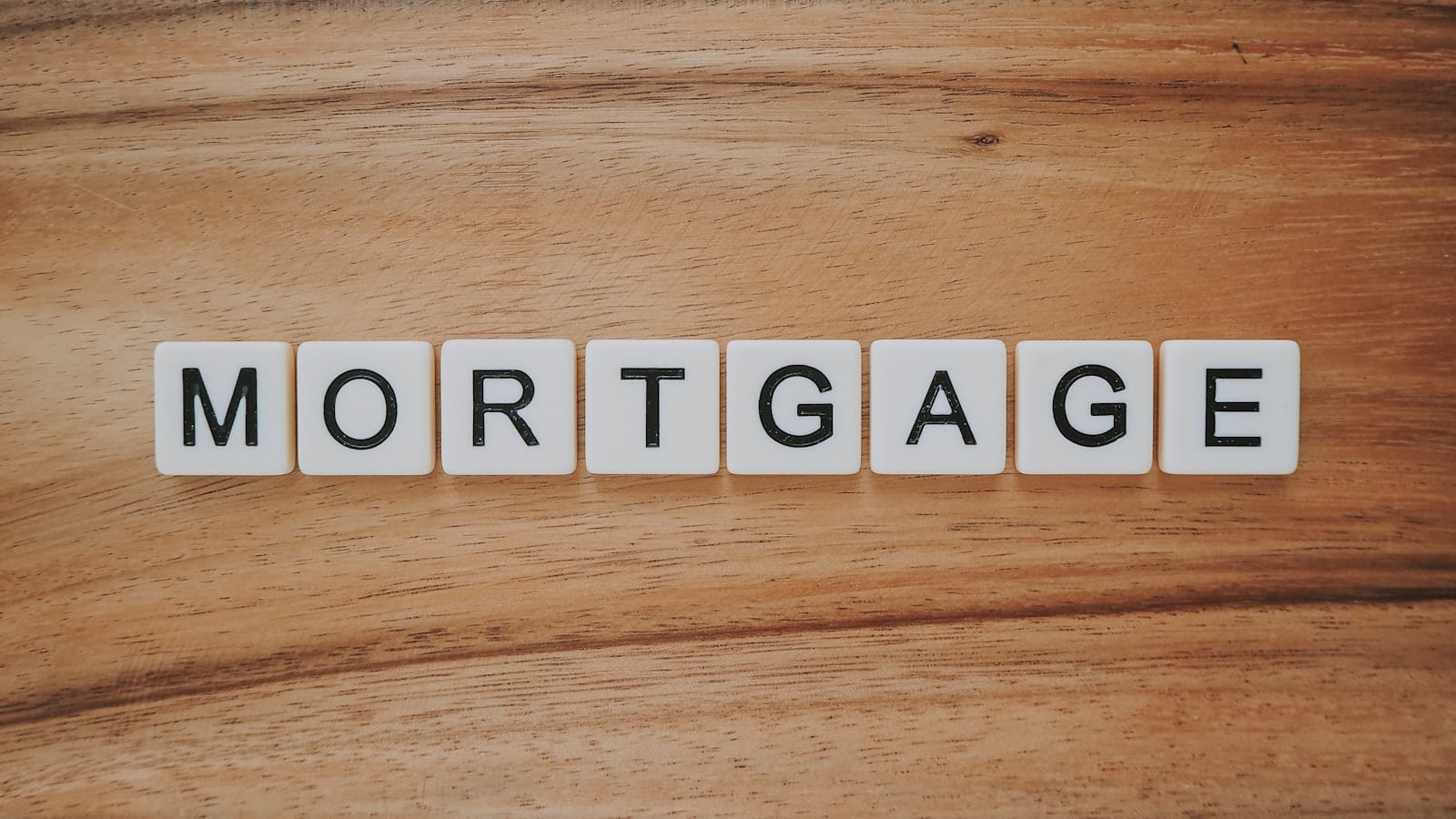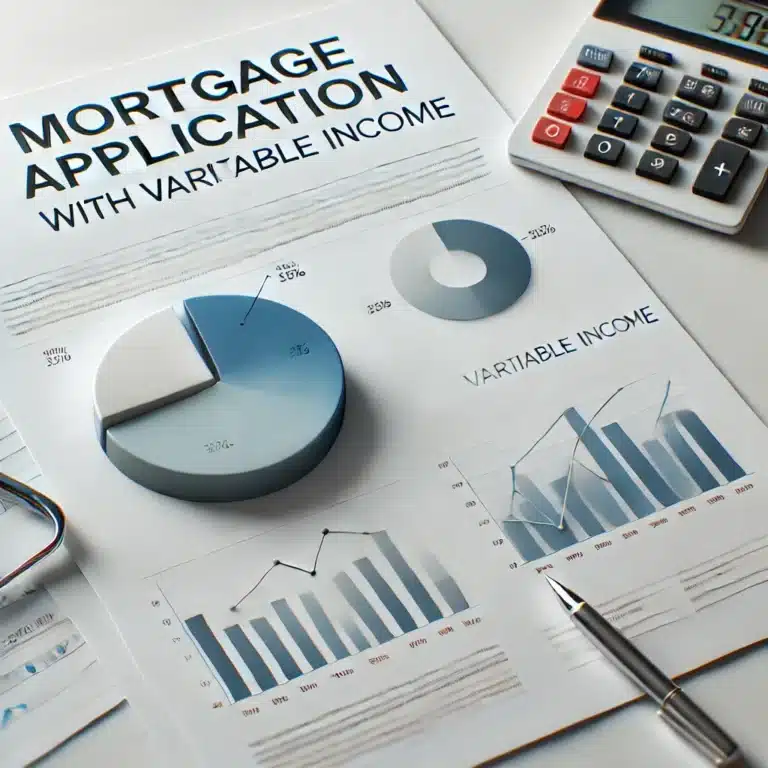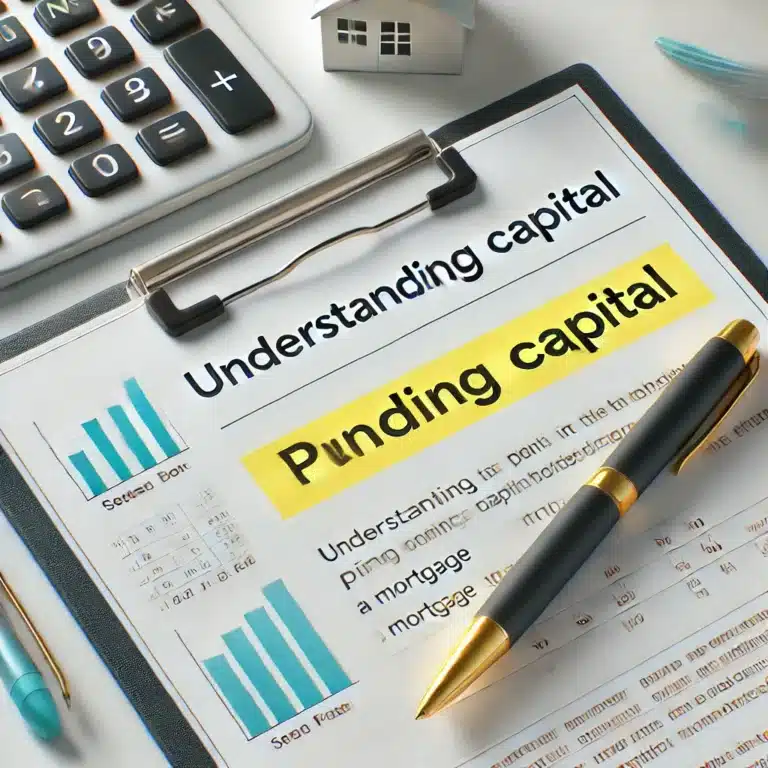
Mortgages in Spain: A Complete Guide to Make the Best Decision
Mortgages in Spain are one of the most important financial decisions for both residents and foreigners interested in purchasing property in the country. In this article, we will cover the key points about mortgages in Spain, from the requirements to the available types and tips for choosing the best option.
1. What is a Mortgage in Spain and How Does It Work?
A mortgage in Spain is a long-term loan used to finance the purchase of a property. It is characterized by being secured against the same property being purchased, meaning that in case of default, the bank can proceed to seize the property. The way mortgages work in Spain follows a model similar to other European countries, although there are local peculiarities in terms of terms, interest rates, and requirements.
2. Requirements to Obtain a Mortgage in Spain
Spanish banks require a series of documents and requirements to grant a mortgage. These include:
- Income verification: employment history and recent bank statements
- Debt capacity: typically, the total amount of debts should not exceed 35-40% of monthly net income.
- Own funds contribution: in most cases, at least 20% of the property’s value is required in personal savings.
In addition, non-residents often have additional requirements, and it is advisable to have a specialized advisor to ensure all conditions are met.
3. Types of Mortgages in Spain: Fixed, Variable, and Mixed
In Spain, there are mainly three types of mortgages that buyers can consider:
- Fixed-rate mortgage: The interest rate remains constant throughout the life of the loan, providing security in the installments.
- Variable-rate mortgage: The interest rate changes according to the Euribor index, which can lead to variations in the monthly payments.
- Mixed-rate mortgage: It combines an initial period of fixed interest with a subsequent variable interest rate.
Each type has its advantages and disadvantages, and the right choice depends on factors such as the client’s financial stability and the market situation.
4. Costs Associated with a Mortgage in Spain
In addition to the monthly payment, there are other costs associated with the mortgage that buyers should consider:
- Opening fee: some banks charge an initial fee when formalizing the mortgage.
- Notary and registration fees: the buyer must cover the cost of the notary and property registration.
- Property appraisal: required to determine the real value of the property.
- Home and life insurance: although not always mandatory, banks typically require at least home insurance.
Evaluating these costs is crucial to make a complete estimate of what a mortgage entails.
5. Required Documentation to Apply for a Mortgage in Spain
The documentation required to apply for a mortgage may vary depending on the financial institution and the client’s profile. Common documents include:
- Identification: ID card or passport
- Employment contract and payslips
- Income tax return (IRPF)
- Bank statements
- Property deed (if it is a refinancing)
Ensuring that all documentation is in order speeds up the approval process and provides a clear view of the conditions offered by the banks.
6. Mortgage Application and Approval Process
The process for applying for a mortgage in Spain follows several key steps:
- Pre-approval: initial assessment of the mortgage’s feasibility based on income and job stability.
- Property appraisal: an appraisal company evaluates the property.
- Negotiating terms: the buyer can negotiate with the bank to improve aspects such as the interest rate or fees.
- Signing the mortgage before a notary: this is the final step where the agreement is formalized, and the agreed terms are registered.
This process can take weeks or even months, so it is essential to plan ahead.
7. Tips for Choosing the Best Mortgage in Spain
Choosing the best mortgage in Spain depends on several factors, but some tips can help:
- Compare multiple offers: using online comparison tools and requesting proposals from different banks allows you to see variations in terms and conditions.
- Evaluate the interest rate: understand how the Euribor works in the case of variable-rate mortgages and analyze the available fixed rates.
- Consider flexibility: check if the mortgage allows early repayments without penalty and if it offers subrogation conditions.
- Seek financial advice: mortgage advisors can provide a clear and objective perspective on the best options based on the buyer’s financial profile.
A good preliminary analysis avoids future problems and can lead to considerable savings in the long run.
8. Legal Aspects and New Regulations on Mortgages in Spain
In recent years, Spain has introduced regulatory changes that impact the mortgage market. The 2019 Mortgage Credit Law is one of the most important regulations, as it establishes stricter rules for banks and greater transparency for clients. Among other things, it requires banks to clearly inform clients of all associated costs and to provide a reflection period before signing.
Staying informed about these regulations is key for buyers, as they impact the rights and duties of the property owner and can change the conditions of the mortgage market.



